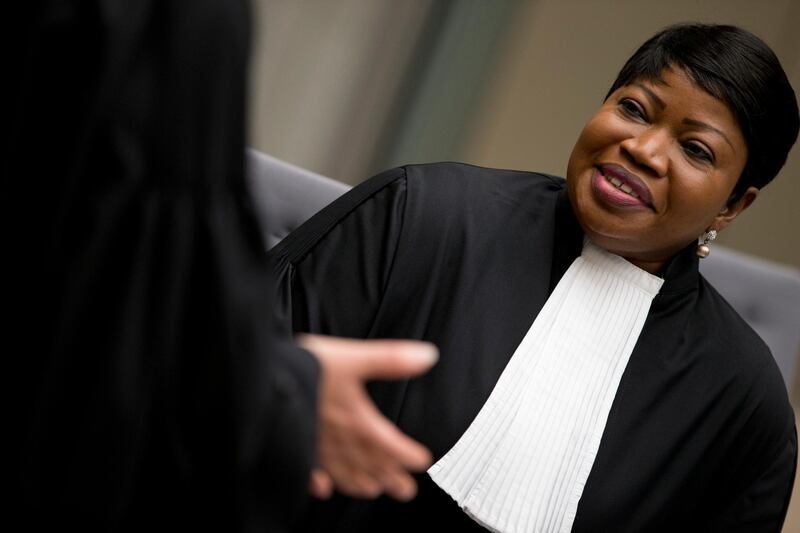The International Criminal Court has launched a preliminary investigation into the forced deportation of hundreds of thousands of Rohingya Muslims from Myanmar into Bangladesh.
The inquiry – which an expert said was likely to take three to five years – will assess whether senior regime officials have a case to answer for crimes including killing, sexual violence, enforced disappearance, destruction and looting.
The initial inquiry will establish if there are grounds for a full-blown investigation. It follows a ground-breaking ruling by international judges this month that would allow an investigation to go ahead that was allegedly committed by a country not signed up to the 2002 global treaty that established the court.
The announcement came on the day that the UN presented a full grim report about widespread rights violations and the burning of Rohingya villages that led to about 700,000 Muslims fleeing to neighbouring Bangladesh after August last year.
Investigations can normally only be opened if a country is a signatory to the Rome Treaty or the five permanent members of the UN Security Council refer the case to the ICC, based in The Hague, the Netherlands.
Judges at the court two weeks ago gave chief prosecutor Fatou Bensouda the go-ahead to launch an inquiry since Bangladesh was a signatory to the deal, and the victims of the military regime were forced there by their brutal tactics. UN investigators said last month that Myanmar’s military carried out mass killings and gang rapes of Rohingya and that six senior generals should be prosecuted.
The only similar case was eight years ago when the ICC launched a preliminary inquiry into non-signatory North Korea for war crimes after it fired shells that sank a South Korean warship that left 46 people dead. It did not result in a full inquiry.
“This issues a really powerful message,” said Dr Yvonne McDermott Rees, an associate professor of law at Swansea University who has examined the work of the ICC. “It’s not as powerless that some of its critics would allow us to believe. The implications are potentially significant.”
The court has been ratified by 123 countries but not the so-called world’s policeman, the United States, which has threatened sanctions if the court goes ahead with prosecutions against Americans over alleged detainee abuse in Afghanistan.
____________________
Read more:
[ UK to announce support for victims of sexual violence in Myanmar ]
[ Aung San Suu Kyi defends jailing of Reuters journalists in Myanmar ]
____________________
The ICC has also been accused of a bias against African states and has faced questions over the quality of its prosecutions. It followed the acquittal in 2014 of Kenyan president Uhuru Kenyatta on charges for crimes against humanity.
It has also suffered over its failure to ensure that defendants were put in the dock when states were unwilling to hand them over. Sudan’s president Omar Al Bashir has been wanted by the ICC since 2008 for allegedly directing a campaign against civilians in the Darfur region but remains free and in power.
Any arrest warrants in the future could be sealed and suspects only alerted about the charges if they are arrested while travelling abroad, said Dr McDermott Rees. The likely lengthy process of any investigation also opens the possibility of a change of regime in Myanmar that could lead to greater cooperation with the ICC.
Ms Bensouda said in her statement on Tuesday that prosecutors "will be engaging with the national authorities concerned with a view to discussing and assessing any relevant investigation and prosecution at the national level".
The ICC is a court of last resort which only acts when national authorities are unable or unwilling to prosecute alleged crimes. It does not have its own police forces and relies on states to enforce its warrants.
British Foreign Secretary Jeremy Hunt, who is due to visit Myanmar on Wednesday, said that the UK would increase support for gathering evidence for victims who have suffered sexual violence at the hands of the military in Rakhine state.







